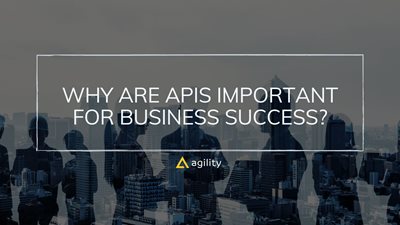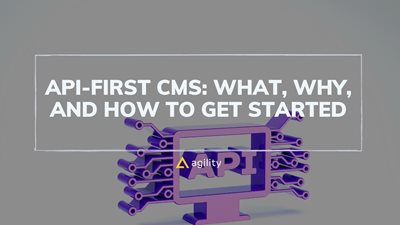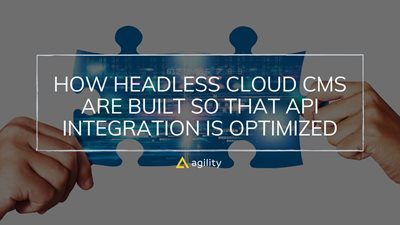Why are APIs Important for Business Success?


APIs have been a critical component of software development for decades, but it can be tricky to communicate APIs to clients and customers. I mean, what exactly is an API?
As SaaS applications are exploding, APIs serve as the interconnected tissue that allows developers to integrate tools seamlessly with a cloud-based platform. Still don't get it? Not to worry! Below, we'll break down APIs and discuss just what makes APIs critical to the success of any business.
Think of APIs, or Application Programming Interfaces, like orders in a restaurant — the customer (end-user) selects a choice from the menu (app). The waiter (API) takes the order and communicates it to the chef (a cloud-based platform). The chef controls how the meal is made and plated, and the waiter (API) delivers that delicious meal back to the customer. Got all that? Put, an API lets one system communicate with another in a standardized, programmatic way. Consumer expectation for seamless connectivity and services is a product of APIs.
So why does API matter to business success?
Anything that takes the heavy lifting out of comprehensive software development is good for business and ROI. As more and more companies embrace cloud-based apps and functionality, customers are demanding seamless user experience integration. Any website or app that fails to deliver this functionality is quickly tossed aside. Similarly, businesses want flexibility, ease of integration, and data as a service so that developers can focus on getting your products to market much more quickly.
Now that you're starting to understand why APIs matter, let's consider some examples: without YouTube's API, those embedded videos on your website wouldn't seamlessly display on desktop, mobile and social media feeds. Imagine changing every embed code on your website because of a platform update. Instead, a good API can automatically take care of that for you. Without APIs to communicate between applications and assets, a travel website would have no way of querying which 10,000 hotel rooms were available in real-time. Chances are, the site wouldn't even be able to accept payments!
An API facilitates lightning-fast integration and seamless updates to meet customers' expectations for seamless connectivity and services. In other words, APIs are a big part of what keeps users returning, and developers focused on innovation and business outcomes.
Not all APIs are made equal.
While cloud-based platforms are driving the development of APIs, platforms such as Microsoft Azure offer a highly configurable ideal not available on other platforms. As long as integrations have a well-defined API, Azure allows developers to set up new integrations easily. You build the API, and the system will easily integrate. A single API can also allow you to connect to multiple systems, reducing development time.
In comparison, other platforms require a plugin or module to configure integrations. These predefined ways of connecting systems may even require additional customization or the installation of multiple plugins to carry out a specific business process. Sounds labour-intensive, right? As a business, you should be wary of additional development time and costs related to inferior platforms, especially ones that provide little flexibility and adaptability. Would you rather have a platform that places little emphasis on growth and evolution or one that allows you to fully customize the functionality and integration of your website as business improves?
So how do I take advantage of all of this?
Thanks to APIs, online commerce is changing at lightning speed. Developers can build customized and targeted applications that lean on cloud-based platforms to do the heavy lifting. Because APIs provide a standard way of accessing any application, data or device, businesses can scale based on need instead of investing in expensive in-house software.
A Headless CMS, like Agility, offers a suite of tools that allow businesses to take advantage of the latest innovation in API to drive their core business.

About the Author
Harmonie is the Senior Marketing Manager at Agility CMS




